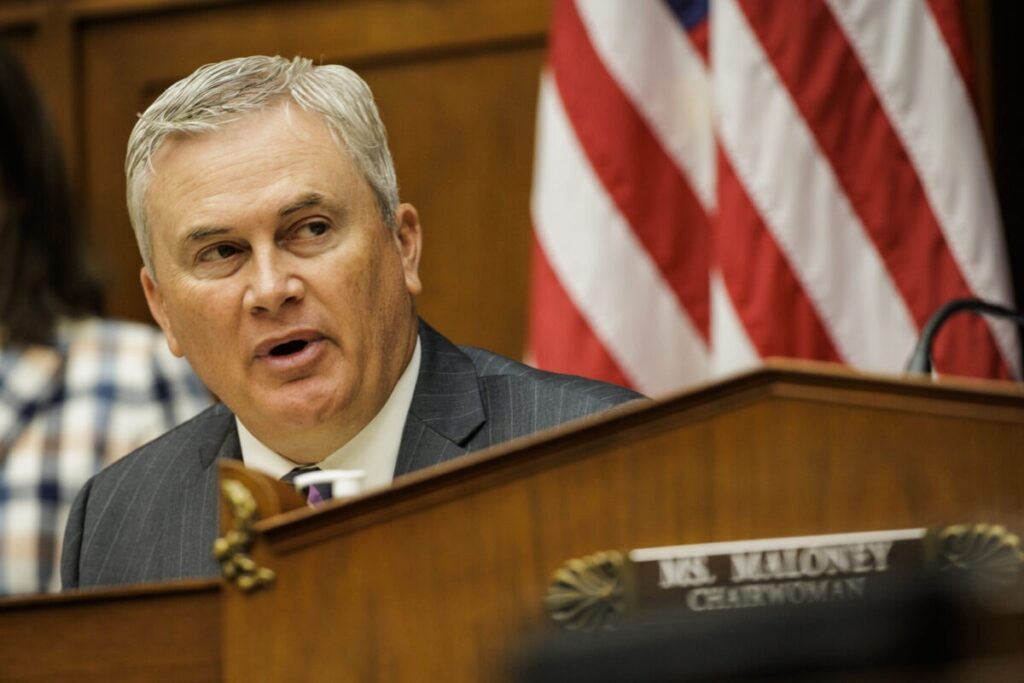Is professional football finally coming back to Washington, D.C.? A congressional bill introduced by Congressman James Comer could resurrect the long-dormant Robert F. Kennedy Memorial Stadium and bring Washington’s football team back to the heart of the nation’s capital. But is this a positive development for the city and its residents?
An NFL Stadium Back In D.C.? Bipartisan Bill May Get It Done. https://t.co/OupqZA2DEg pic.twitter.com/MWd1UvfACb
— Daily Wire News (@DailyWireNews) July 27, 2023
The bill proposes the transfer of the existing RFK property from the Secretary of the Interior to the GSA, who will then lease it to the city of D.C. for 99 years with an option review. While proponents of the bill claim that it will create jobs and generate revenue, opponents argue that it will lead to the destruction of valuable natural resources and the displacement of vulnerable communities.
The RFK Stadium site has been neglected for years, and its redevelopment could have major environmental and social consequences. The site sits on underused federal land in D.C. that could be redeveloped, generating tax revenue for D.C., but at what cost? The current state of affairs is already bleak, and the proposed bill could make things even worse.
While D.C. Mayor Muriel Bowser has suggested that the existing stadium would be torn down, opponents argue that this would destroy valuable green space and wildlife habitats. Furthermore, the proposed development could lead to the displacement of vulnerable communities and a widening of the wealth gap in the city.
The bill’s proponents, including Congressman Comer and D.C. non-voting delegate Eleanor Holmes Norton, claim that it will bring much-needed economic growth to the city. However, opponents argue that the economic benefits will be short-lived and that the long-term costs will be much greater.
The proposed redevelopment of RFK Stadium is a contentious issue that has divided the city’s residents and officials. While some see it as a much-needed boost to the city’s economy, others argue that it will do more harm than good. The fate of the stadium and its surrounding area is uncertain, but one thing is clear: the proposed bill has sparked a fierce debate that is unlikely to die down anytime soon.



